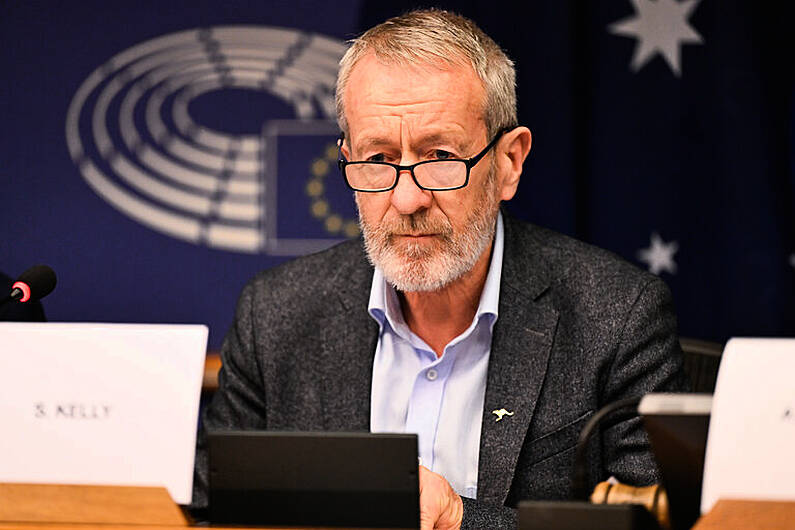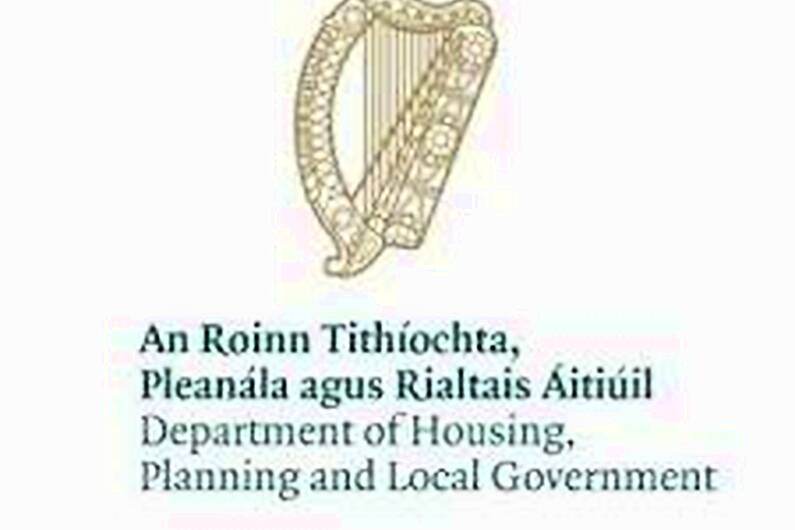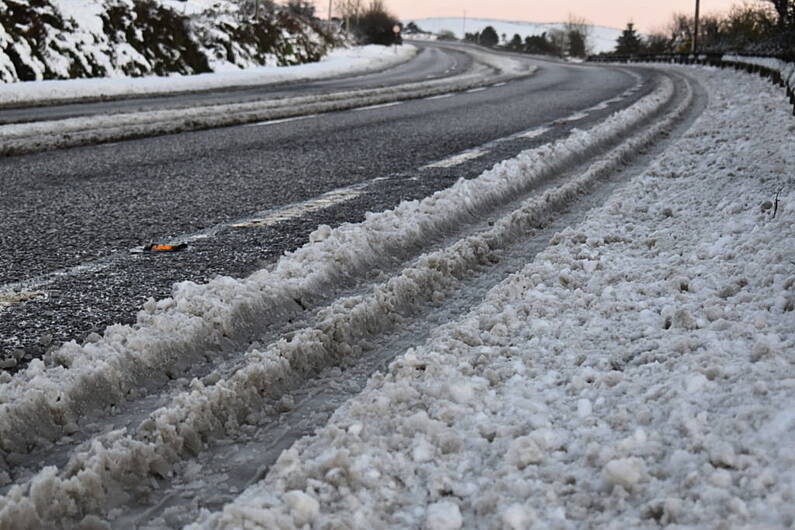An Ireland South MEP has welcomed an EU investigation into Tik Tok
Sean Kelly approves of the decision of the European Commission following allegations of foreign interference in elections.
This includes the recent Romanian presidential election and Ireland's general election in November.
The EU has ordered TikTok to preserve internal records on how content is recommended and how user manipulation is avoided.
The investigation covers elections across the European Union from 24 November 2024 to 31 March 2025.
He says “The EU’s decision to investigate TikTok is both timely and necessary. Reports of widespread foreign interference, particularly via TikTok, are deeply concerning. In Romania, for example, 800 TikTok accounts linked to Russia were activated to support a specific candidate, along with 25,000 additional accounts just two weeks before the election. This level of disinformation and manipulation is a direct attack on democracy”.
The EU has ordered TikTok to preserve internal records on how its algorithms recommend content and its measures to counter manipulation. The investigation covers elections across the EU from 24 November 2024 to 31 March 2025, including the annulled Romanian presidential election, Croatia’s upcoming election, and Ireland’s recent General Election.
MEP Kelly added “Ireland, home to TikTok’s EU headquarters, has a critical role to play in ensuring compliance with EU rules under the Digital Services Act (DSA). Coimisiún na Meán must remain vigilant and act decisively against any malign interference, whether in Ireland or elsewhere in the EU,” Kelly emphasised.
The DSA, supported by Kelly in 2022, mandates that platforms prevent risks such as disinformation and foreign election interference. “The EU has the power to impose significant fines for non-compliance. If TikTok is found to have violated the rules, strong action must follow,” he added.
Kelly warned that online disinformation is a form of hybrid warfare, citing recent examples of Russian interference in elections across Europe, including Georgia and Moldova. “Russia’s sophisticated web of disinformation is a direct threat to democracies everywhere. It would be a grave mistake for the EU to underestimate this threat or fail to prioritise strengthening internal security. The very fabric of our union is at stake.”
While Kelly highlighted that Irish voters tend to rely on trusted traditional media, he stressed the importance of educating young people on identifying reliable online news sources. “The Irish electorate is engaged and informed, but we cannot ignore the growing influence of social media platforms among younger generations. Protecting our democracy means ensuring they are not exposed to harmful disinformation.”
“The EU must act decisively to shield its elections from foreign meddling and uphold the integrity of our democratic processes,” Kelly concluded.






